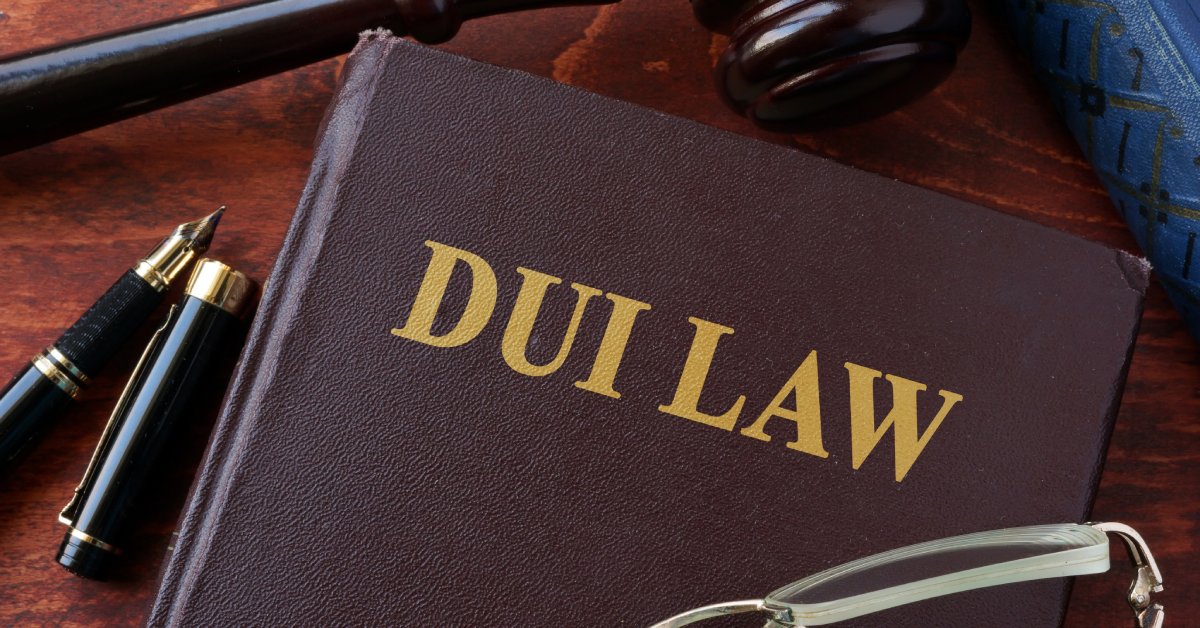An Overview of the History of Drunk Driving Laws
Today, all 50 states have set laws prohibiting the operation of a vehicle while intoxicated; however, this has not always been the case in our country’s history. Drunk driving laws have come a long way since the early days of automobiles, when regulations were minimal and the dangers of intoxicated driving were often overlooked. Understanding this historical context helps us appreciate the importance of promoting road safety and protecting lives.
This blog post will explore an overview of the history of drunk driving laws, from the advent of cars to modern-day regulations, and how they impact drivers.
Age of Early Automobiles
At the dawn of the automobile age in the late 19th century, no specific laws regarding drunk driving existed. Cars were a new invention, and the concept of driving under the influence wasn’t fully understood. Early vehicles were slow, and the dangers of operating them while impaired were not apparent to lawmakers or the public.
A lack of drunk driving laws led to frequent collisions, injuries, and fatalities caused by intoxicated drivers. Furthermore, the widespread adoption of vehicles outpaced passing traffic laws for common violations like speeding, making roadways treacherous to navigate.
The First Drunk Driving Laws
The first known law against drunk driving was enacted in 1906 in New Jersey. This law made it illegal to operate a motor vehicle while intoxicated. However, there was no way to measure or define intoxication, so law enforcement would subjectively assess drunkenness by behavior and coherence. Therefore, these laws were not easily enforceable.
The legislation set the stage for future laws, and many states followed suit in prohibiting drinking and driving. It was a significant step forward but only the beginning of a long journey toward safer roads.
Prohibition Era
The 18th Amendment marked the beginning of the Prohibition era, which was a widespread attempt to alleviate alcohol-related harms. However, a prohibition of alcohol led to the rise of illegal speakeasies and bootlegging, which kept alcohol consumption alive. Consequently, drunk driving remained a problem, albeit less visible.
During Prohibition, the lack of legal alcohol did not eradicate the issue of impaired driving. Instead, it shifted focus to illegal consumption and contributed to the complexity of enforcing drunk driving laws. In 1933, the 21st Amendment repealed the previous 18th Amendment, thereby legalizing the manufacture, sale, and transport of alcohol.
The First Intoxication Measurement Device
In 1936, Dr. Rolla Harger invented and patented the first device to measure a person’s blood alcohol content (BAC). The device was known as the Drunkometer. This invention revolutionized the ability to enforce drunk driving laws by providing a scientific method for determining intoxication levels. The first drunk driving arrest using the drunkometer occurred a year later in Indiana.
The drunkometer paved the way for more accurate and efficient law enforcement. It allowed authorities to measure BAC levels with greater precision, leading to more consistent application of the law. At this time, the national limit for BAC was 0.15, almost twice as high as today’s legal limit.
Invention of the Breathalyzer
The breathalyzer, invented in 1953 by Robert Borkenstein, further improved the ability to measure BAC. It was more portable and user-friendly than the Drunkometer, making it easier for police officers to conduct tests on the road.
The breathalyzer measures BAC by analyzing a person’s breath to estimate the concentration of alcohol in their bloodstream. It quickly became the standard tool for measuring intoxication because it provided immediate results, allowing quick decisions regarding arrests and charges.
Adoption of Special Interest Groups
In the 1980s, special interest groups like Mothers Against Drunk Driving (MADD) played a crucial role in raising awareness about the dangers of drunk driving and advocating for stricter laws and enforcement. MADD was founded after a mother tragically lost her 13-year-old daughter to a drunk driver, and it quickly gained national attention and support.
Thanks to the efforts of interest groups, legislation became even more stringent, with harsher penalties for drunk driving offenses. The groups also helped shift social attitudes toward drinking and driving, making it socially unacceptable. Today, interest groups continue to play a vital role in the ongoing fight against impaired driving.
Changes in Legislation
In the late 20th century, legislation evolved to tackle the persistent issue of drunk driving. These changes came with harsher penalties for offenders, including mandatory minimum sentences, ignition interlock devices, and zero-tolerance policies for underage drivers. Additionally, they raised the legal drinking age to 21 in 1984.
These legislative changes reflect society’s growing commitment to road safety. By implementing stricter laws and penalties, lawmakers aimed to reduce the incidence of drunk driving and protect the public.
New National Legal Limit
In 2000, the US Congress passed a law establishing a national BAC limit of 0.08%. This standard aimed to create uniformity across states and provide a clear benchmark for impairment. The new limit was based on research indicating that a BAC of 0.08% or higher significantly impairs driving abilities. All 50 states adopted this change by July 2004.
Modern DUI Laws
In the 21st century, drunk driving laws continue to evolve. Law enforcement agencies have access to more advanced tools and methods for detecting impairment, such as drug recognition experts and field sobriety tests. States have also implemented stricter penalties for repeat offenders.
DUI laws are also more comprehensive, covering various aspects of impaired driving. They include provisions for drug-impaired driving, repeat offenders, and enhanced penalties for high BAC levels.
Modern DUI laws reflect the ongoing commitment to road safety and the recognition of the complex nature of impaired driving. These laws aim to address new challenges and ensure drivers understand the serious consequences of drinking and driving.
Conclusion
The history of drunk driving laws is a testament to the United States’ growing dedication to road safety. These laws have evolved significantly to protect drivers and pedestrians, from the early days of automobiles to modern DUI regulations. Understanding this history helps us appreciate the importance of current laws and the efforts to prevent drunk driving incidents.
As a driver, staying informed about DUI laws is crucial for your safety and the safety of others. For more resources on DUIs, as well as SR-22 and FR-44 insurance quotes, explore Serenity Insurance’s website and contact our team.













Recent Comments